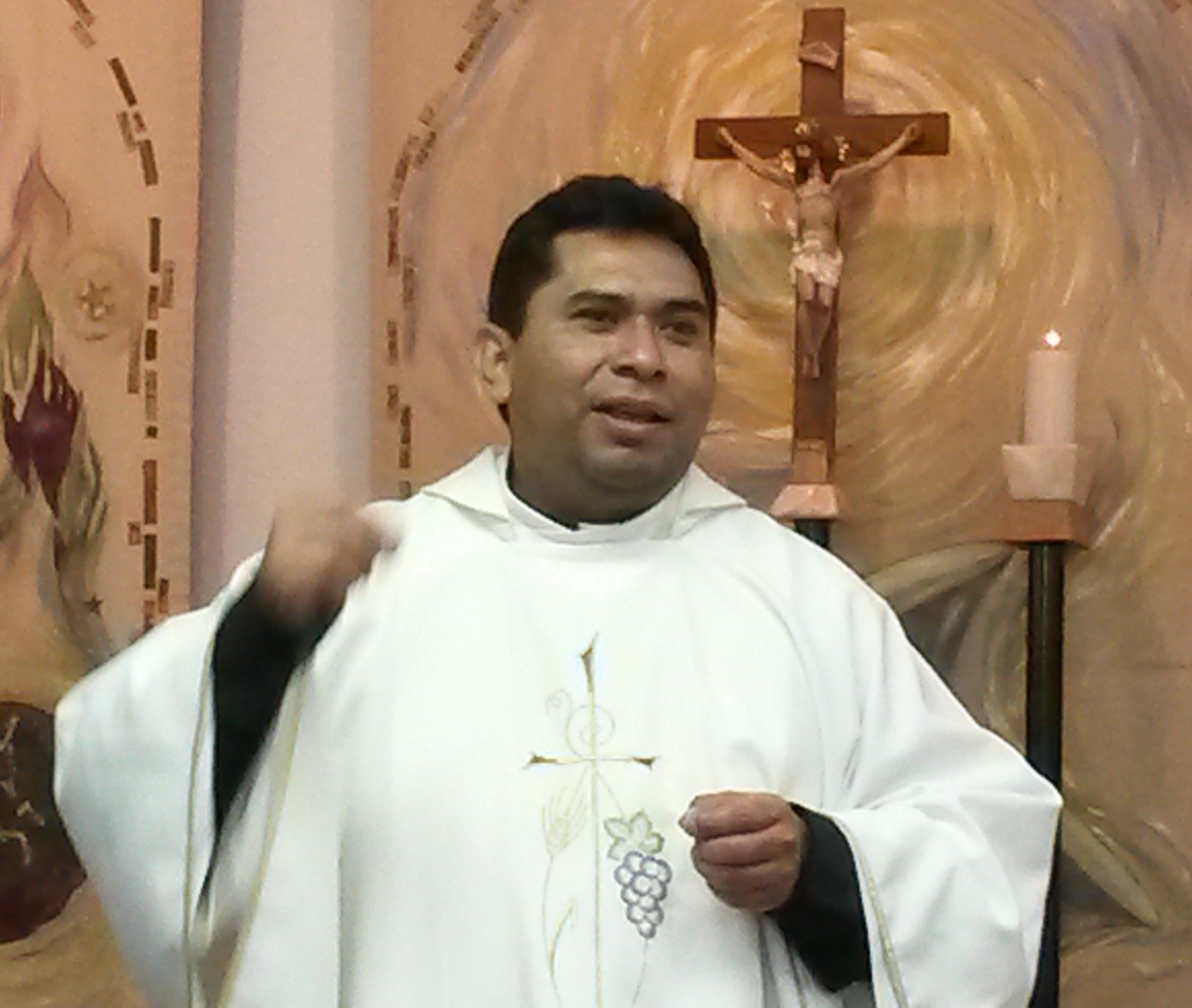 THE BAPTISM OF THE LORD
THE BAPTISM OF THE LORD
By our Pastor, Fr. Carmelo Jiménez
This Sunday we celebrate the Baptism of the Lord, and with this solemnity we conclude the Christmas season. My reflection on this Sunday will be based on the Gospel. Normally I take parts from all readings, but I find the Gospel to be so rich and so much to think about for my reflection, so I will focus my attention on it.
In this Christmas season we celebrate: The Birth of the Son of God, the Emmanuel. Then we hear of the visit of the shepherds and the Magi from the East. The Presentation of the Lord in the Temple, the Flight into Egypt and the Baptism of the Lord. It is true that with the birth of Christ, God is with us, but are we with God? God was born to be with us always, as he himself has said. He is the Emmanuel. The question is whether we are or are not with God. Specifically do we let ourselves be guided by God? Do we accept his word? ¿Do we submit ourselves to His commandments and, above all, do we know God by experience and not just through hearsay?
The Gospel of Luke presents the Baptism of the Lord in an exceptional way, and he does not put its emphasis on the fact that Jesus was immersed in the baptism with water of penance. Jesus wanted to participate in this movement of solidarity with humanity. The four Gospels are going to be very careful to show the act of baptism of the Lord, so that the silence of Nazareth is broken and all the people can hear that he is not just another sinner who comes to do penance. He is the Eternal Son of God, as a man, seeks a new direction in a new era. But it is not penance and old symbols that change the horizon of history and humanity; rather we let God be truly Lord of our life.
“After all the people had been baptized and Jesus also had been baptized and was PRAYING, heaven was opened and the Holy Spirit descended upon him in bodily form like a dove” (Lk 3: 21-22a). In the Bible, prayer is the way of true communication with God. Jesus is the Son of God, but prays as a man, because it is the way to express his human need and solidarity with those around him. He is not distant from sinners. For Luke, the true baptism of Jesus is not John’s baptism. In Luke’s Gospel there is no dialogue or anything. The penitential act of immersing Jesus into the water of the Jordan River is overshadowed by the true baptism of Jesus during his prayer which is what brings this scene to the height of Christian theology.
The baptism of Jesus, in Luke, has a more prophetic resonance. While in prayer, the Spirit descends on him. It is the Spirit, just as with the true prophets, who changes the course of the life of Jesus, not the baptism of repentance of John. Luke has not needed to put the dialogue between John and Jesus, as does the Gospel of Matthew, where the Baptist’s surprise is shown. Things happen more simply in the text of Luke because it is the true baptism of Jesus in the Spirit which shows him to be a prophet of the Kingdom of God. This was his call, his anointing, and everything that makes a difference to the world to make sense of the Old Testament.
The world today seems to live as if God does not exist and even some Christians join the debate in confusion. It is not easy to profess our faith in the situations we face in the world today. The feast day today presents Jesus, the Messiah, as he begins his public ministry. And the Church continues this mission of Christ, to evangelize once again the world we live in. Let us not forget that to evangelize is not to transmit ideas, rather it is to make possible the encounter with a person, Christ, and to be able to enjoy the life he has given us. May the renewal of our baptismal promises move us to be true evangelizers, may we transmit with our lives the faith, hope, joy and peace that come from living out our baptism. Amen.